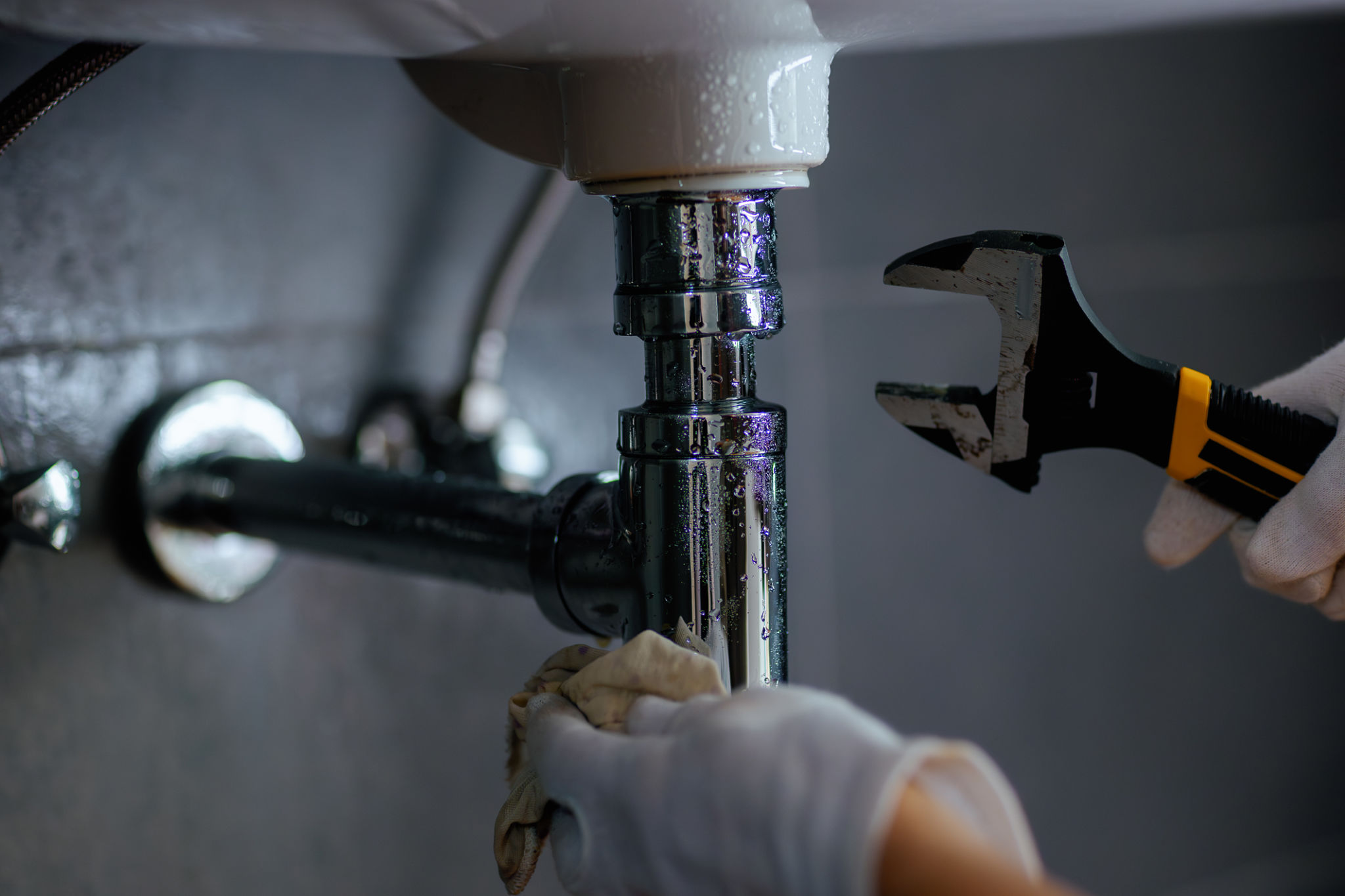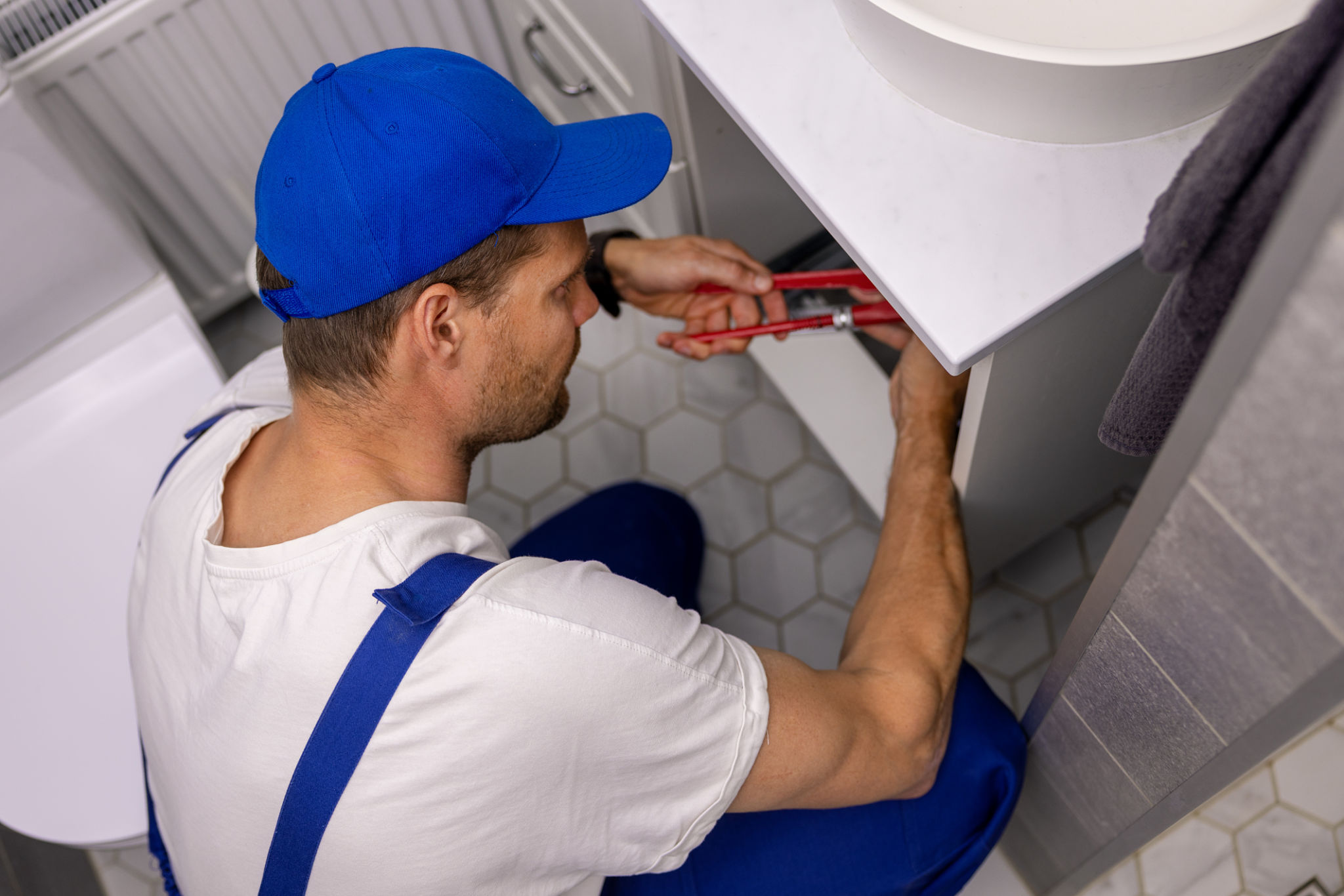DIY Plumbing Fixes: When to Call a Professional
Understanding Basic Plumbing Issues
Plumbing issues can be daunting, but some problems are simple enough to tackle on your own. Learning to handle minor repairs not only saves money but also boosts your confidence as a homeowner. However, it's crucial to know your limits and recognize when it's time to call a professional.

Common DIY Plumbing Fixes
Before jumping into DIY plumbing, familiarize yourself with common issues you can handle. Here are a few fixes you can often attempt:
- Leaky Faucets: A leaky faucet is usually due to a worn washer or O-ring. Replacing these parts can stop the drip.
- Clogged Drains: You can often clear minor clogs using a plunger or a drain snake.
- Running Toilets: Replacing the flapper valve or adjusting the float can often resolve the issue.
When DIY Isn’t Enough
While tackling small fixes is beneficial, certain situations require professional expertise. Attempting complex repairs without the necessary skills can lead to more damage and costly repairs. Here are some instances when calling a plumber is advisable:

If you encounter low water pressure throughout your home, it could indicate a significant problem with your plumbing system. This issue might stem from blockages, pipe corrosion, or leaks, which require a plumber's assessment and repair skills.
Major Leaks and Water Damage
Water damage poses a severe risk to your home's structure and your family's health. If you discover a major leak or suspect hidden water damage, it's essential to seek professional help. A licensed plumber can identify the source and prevent further damage.
Upgrading Plumbing Systems
For larger projects like upgrading your plumbing system or installing new fixtures, expertise is essential. An experienced plumber ensures that installations comply with local codes and function efficiently, saving you from possible fines or malfunctions.

The Cost of Waiting Too Long
Delaying the call to a professional plumber can escalate minor issues into major problems. For example, ignoring small leaks can lead to significant water damage over time. Addressing problems early prevents costly repairs and maintains the integrity of your home.
Finding the Right Professional
When choosing a plumber, research their credentials and reviews. Look for a licensed and insured professional with a solid reputation in your community. Asking friends and family for recommendations can also help you find someone trustworthy.

In conclusion, while DIY plumbing fixes can be rewarding and cost-effective, recognizing when to call a professional is crucial for maintaining your home's safety and efficiency. By understanding your limits and knowing when to seek help, you ensure your plumbing system remains in top condition.
